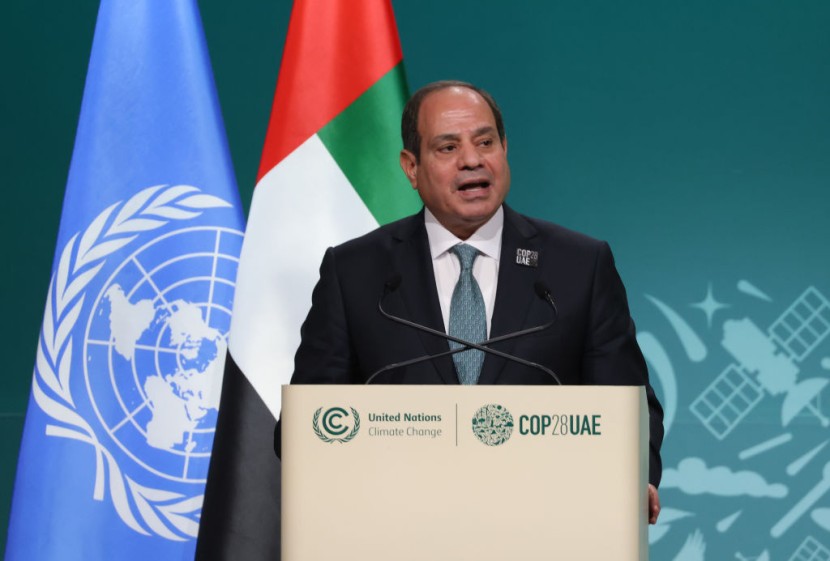On Sunday, Egypt's President Abdel Fattah el-Sisi said it will not allow any threats to Somalia's security amid tension with Ethiopia over a port deal between Addis Ababa and Somalia's breakaway region of Somaliland.
Earlier this month, Ethiopia signed a maritime access agreement with Somaliland without the approval of Somalia's central government.

Sisi said at a news conference with visiting Somali President Hassan Sheikh Mohamud, "Egypt will not allow anyone to threaten Somalia or affect its security." He continued not to threaten Egypt and its brothers, especially if they asked it to intervene.
On January 1, Ethiopia stated in a memorandum that it would consider recognizing Somaliland's independence in return for the port access. It would lease 20 kilometers of coastline around the port of Berbera on the Gulf of Aden for military and commercial use for 50 years.
According to Aljazeera, Ethiopia's primary port for marine exports is in the neighboring country of Djibouti. Mohamud rejected the deal as a violation of international law and said they would not stand idly by and watch their sovereignty being compromised.
He traveled to Egypt over the weekend to rally support for his government. He also met with Arab League chief Ahmed Aboul Gheit and Al-Azhar Mosque's Grand Imam, Sheikh Ahmed al-Tayeb.
"My message to Ethiopia is that ... trying to seize a piece of land to control it is something no one will agree to," Sisi said, noting cooperation on development was a more effective tactic.
Ethiopia rejected Egypt's criticism of the deal on Sunday, claiming it was merely a commercial arrangement to secure access to the sea and not an attempt to conquer land.
Redwan Hussien, national security adviser to the prime minister of Ethiopia, wrote on X, formerly Twitter, that it was not annexation or assumption of sovereignty over the territory of any state.
Egypt, Ethiopia's Relationship Over The Years
Relations between Ethiopia and Egypt have been hostile for years due to a major dam Ethiopia has built on the Blue Nile. Along with Sudan, the countries have been attempting to reach a negotiated deal on the filling and operating of the $4 billion Grand Ethiopian Renaissance Dam for over a decade.
Somaliland, a region strategically located by the Gulf of Aden, broke away from Somalia in 1991 as the country descended into a civil conflict. The region has maintained its government despite a lack of recognition from other countries.
Ethiopia lost its ports on the Red Sea early in the 1990s following the Eritrean War of Independence, which lasted from 1961 to 1991. In 1991, Eritrea gained independence from Ethiopia, leading to two distinct countries. The separation resulted in Ethiopia losing direct access to the Red Sea and key ports.
Related Article : Ethiopia Signs Historic Port Agreement With Somaliland for Sea Access
© 2026 HNGN, All rights reserved. Do not reproduce without permission.








